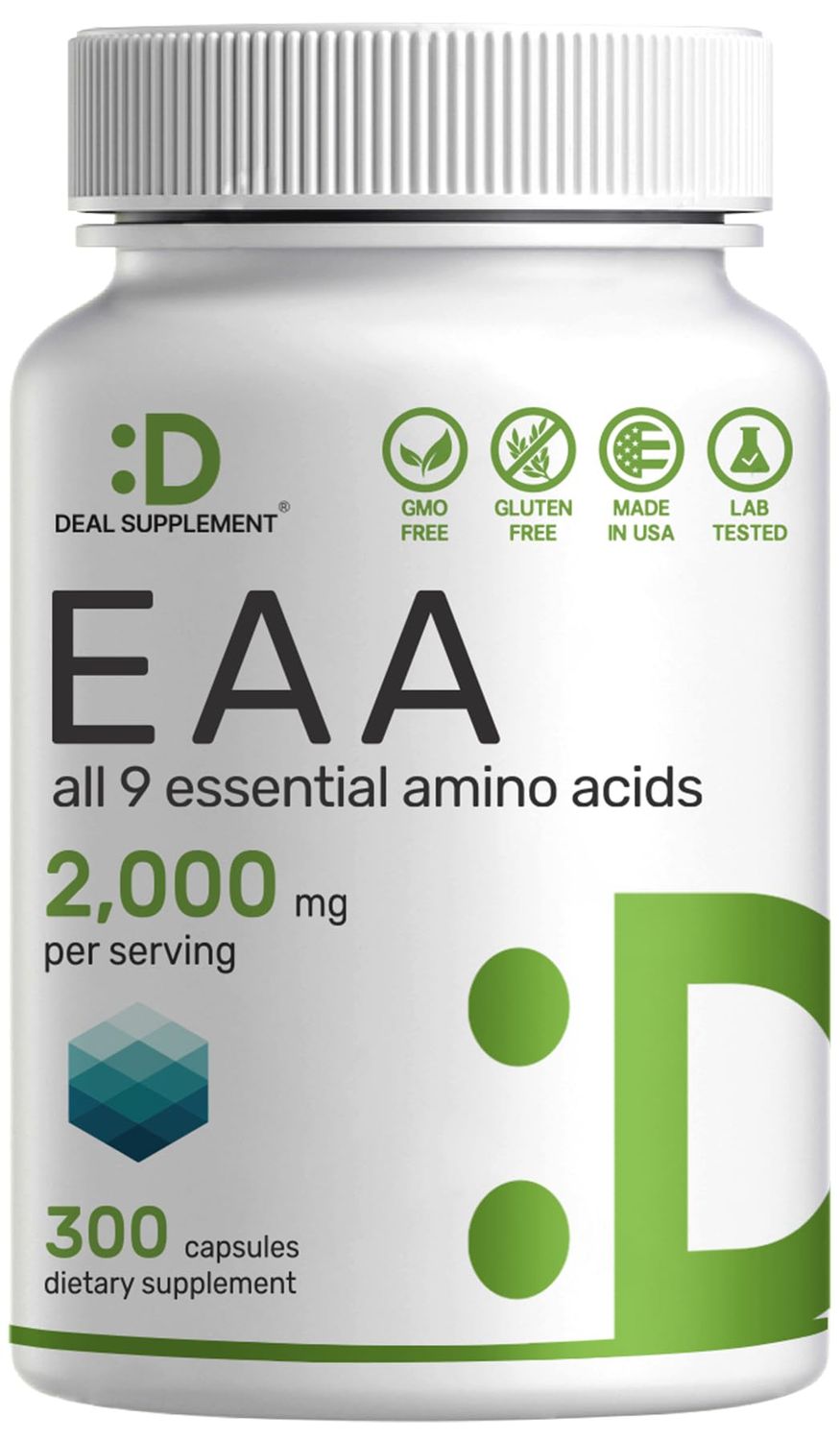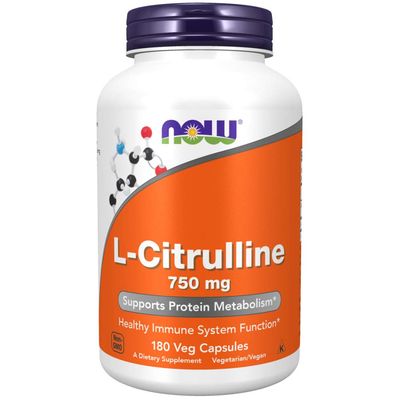Essential Amino Acids (EAA) 2000mg Per Serving, 300 Capsules - Unflavored - 9 in 1, All BCAAs (Branched-Chain Aminos) - Lean Muscle Support & Natural Pre Workout Supplement
Description
Essential amino acids are a group of nine amino acids that the human body cannot synthesize on its own and thus, must obtain from dietary sources. This concept emerged in the early 20th century when scientists discovered the importance of amino acids for plant and human nutrition. These indispensable amino acids include histidine, isoleucine, leucine, lysine, methionine, phenylalanine, threonine, tryptophan, and valine. They serve numerous functions in the body such as supporting protein synthesis, hormone balance, and immune function. Foods that contain all nine essential amino acids, such as meat, eggs, and soy, are termed complete proteins. Throughout history, understanding the role of these amino acids has been crucial for advancements in nutrition science, especially in designing a well-balanced diet.
Features
- Special Features - A full spectrum EAA capsule blend of all 9 essential amino acids with complete BCAAs, 2,000mg per serving, derived from unadulterated raw amino acid powder.
- Benefits & Use - Enjoy daily amino acid support for men and women, promotes lean muscle mass maintenance and energy performance, take it pre or post workout and during any physical activity.
- Dosage & Servings - 300 capsules per bottle, 4 capsule serving size, contains 600mg L-Leucine, 300mg L-Isoleucine, 300mg L-Valine, 84mg L-Tryptophan, 193mg L-Threonine, 136mg L-Phenylalanine, 84mg L-Histidine, 227mg L-Lysine, and 76mg L-Methionine per dose.
- Purpose - Amino acids play a pivotal role in optimizing muscle health both inside the gym and outside, Deal Supplements full spectrum EAA and BCAA blend delivers a comprehensive array of amino acids to promote maximized results.
- Quality Ensured - Non-GMO ingredients that are 3rd party lab tested and passed. Made without gluten, dairy, eggs, peanuts, soy, wheat, & yeast.













